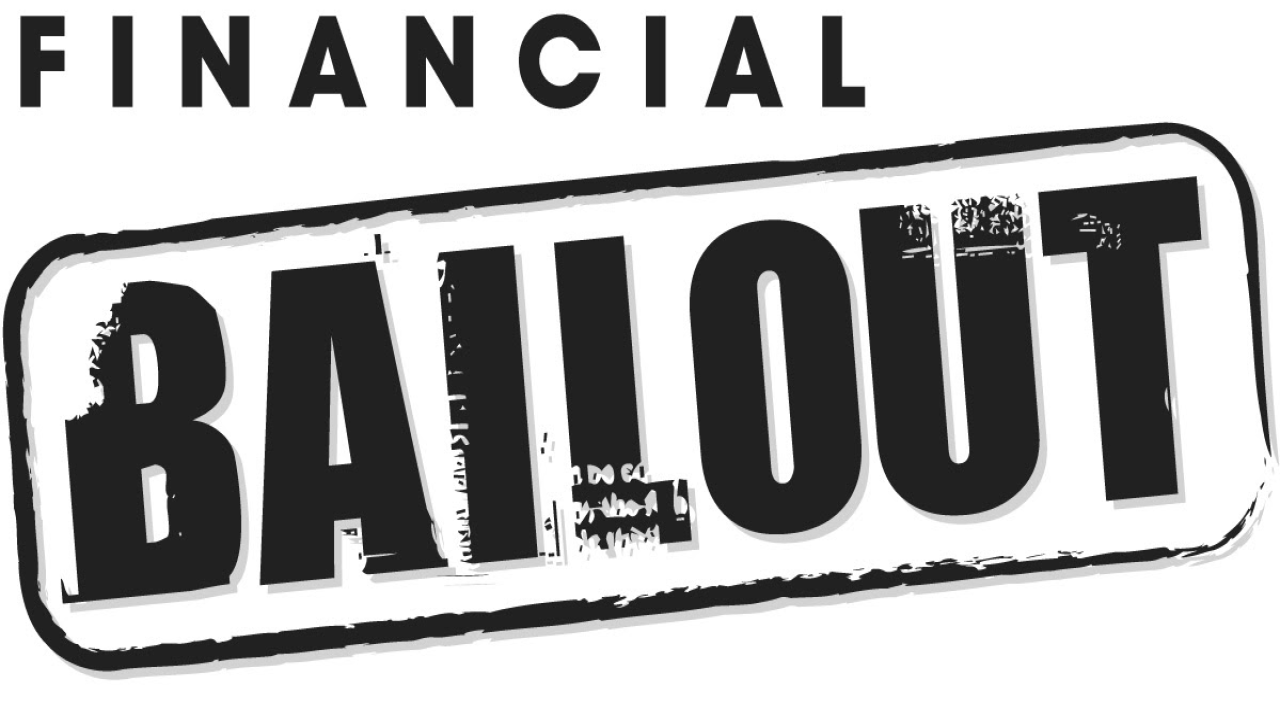Bail out of issue
Public issues serve as an essential means for companies to raise capital from the general public. However, there are instances when public issues fail to receive an adequate response or fail to meet the minimum subscription requirements. In such situations, issuers or promoters often turn to financiers or individuals to arrange subscription bailouts.
Understanding Subscription Bailouts
Subscription bailouts occur when an issuer or promoter seeks external assistance to rescue a public issue that has failed to garner sufficient response from the public. The main objective of subscription bailouts is to ensure that the public issue meets its minimum subscription requirements or receives the necessary financial support to continue operations. Financiers play a crucial role in this process, offering their financial resources and expertise to help salvage the issue.
Bailout Options for Issuers
When faced with a failed public issue, issuers or promoters approach financiers to explore potential bailout options. There are two common strategies employed in subscription bailouts: buy-back of shares and payment of interest.
- Buy-Back of Shares: In this approach, the financiers agree to purchase shares from the struggling public issue at a higher price than the initial offering. This enables the issuer or promoter to raise the required capital to meet the minimum subscription or cover the shortfall. The buy-back arrangement benefits the issuer by providing immediate financial relief and preventing the issue from being deemed a failure.
- Payment of Interest: Alternatively, the financier may agree to compensate for the subscription by receiving interest payments on the amount of money paid in the public issue. This method allows the issuer to retain ownership of the shares while fulfilling their financial obligations to the financiers. The interest payments act as a form of compensation for the financier’s assistance and provide an incentive for their involvement in the subscription bailout.
Benefits and Considerations
Subscription bailouts can offer various advantages for both issuers and financiers. For issuers, it provides a lifeline to rescue a struggling public issue, ensuring continued operations and avoiding reputational damage. Financiers, on the other hand, can benefit from the potential appreciation in share value or receive interest payments, generating profits or compensation for their involvement.
However, there are certain considerations to keep in mind when opting for subscription bailouts. The terms and conditions of the bailout arrangement must be carefully negotiated to ensure fairness and protect the interests of both parties. Transparency in communication is essential to maintain the confidence of the public and stakeholders, as subscription bailouts may raise questions about the viability of the original public issue.


